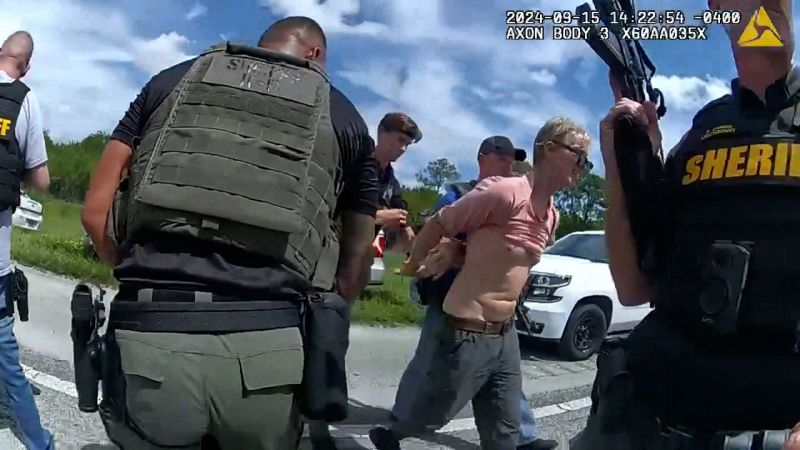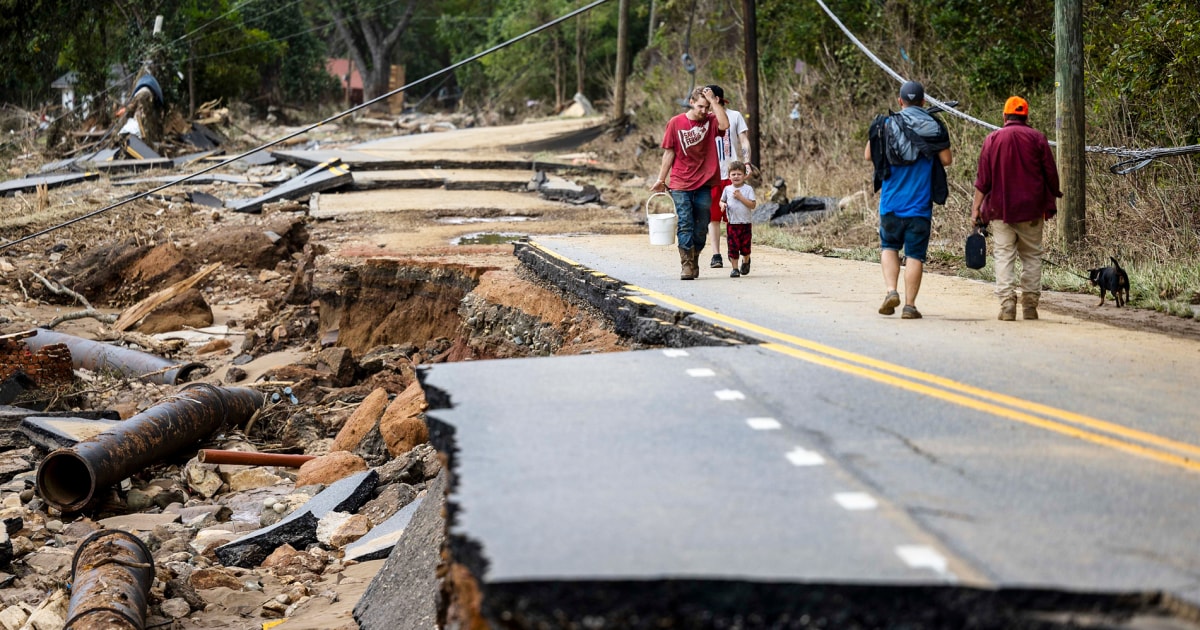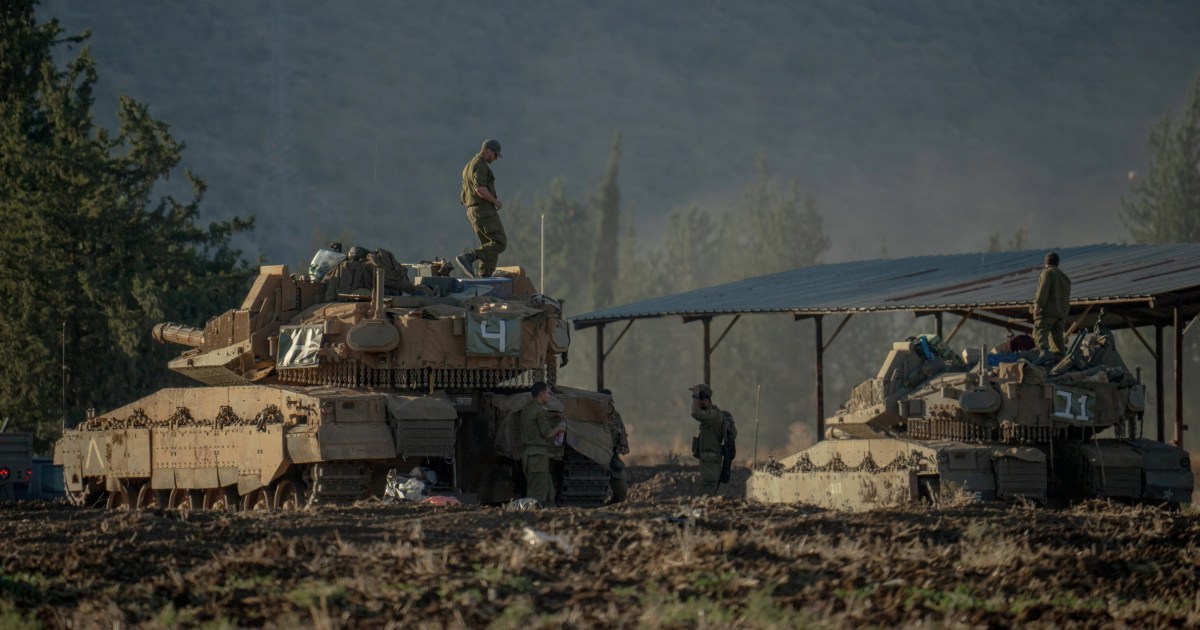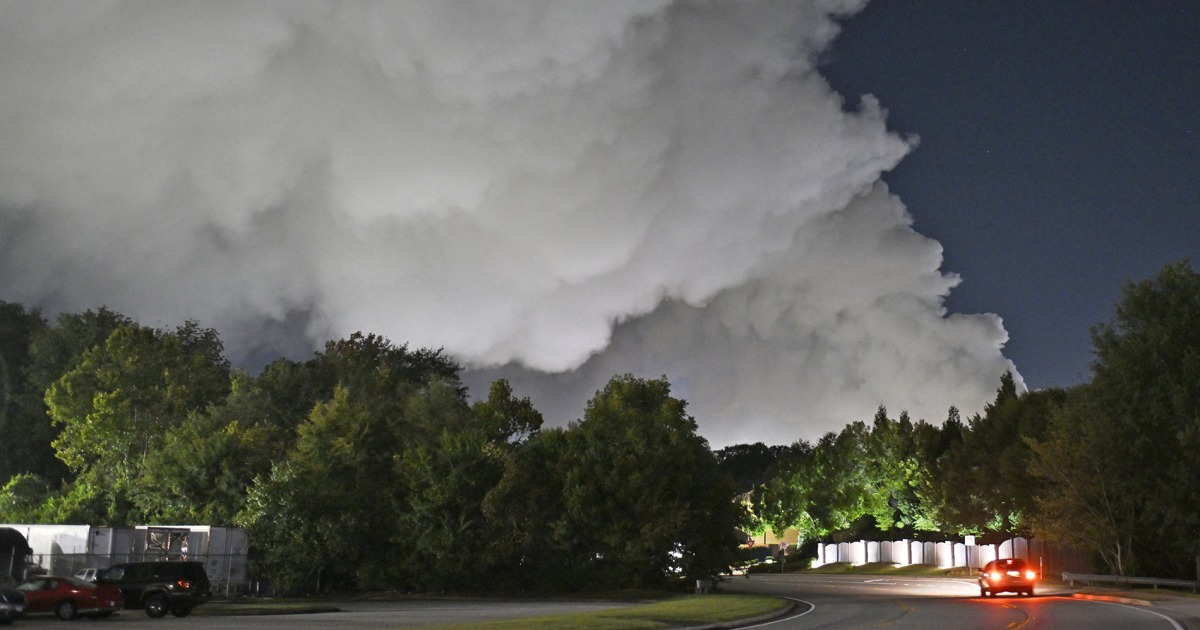Spokespeople for the city and Buncombe County, which includes Asheville, didn’t immediately respond to requests for comment about residents’ criticisms.
Cooper said at a news conference Monday that people are working nonstop to provide food, water and help. He said flooding and continuously rising rivers have prevented first responders from entering some communities.
At a news conference earlier Monday, Buncombe County Manager Avril Pinder expressed frustration with what she described as a slow response to requests for supplies.
“We’ve been asking for water, and we’re just getting water, and it’s still in low quantities,” she said. “There’s a large need in our community, and we would like to see a different response from our state partners, a better response from our state partners,” which fulfills those requests through FEMA.
At Monday’s White House briefing, homeland security adviser Liz Sherwood-Randall told reporters that FEMA focused its pre-positioning efforts in the Big Bend, Florida, area and that the effort saved lives. Post-landfall, it “surged capacity to where it was needed the most.” She noted that western North Carolina has now been identified as the area that was hit most acutely.
Rep. Chuck Edwards, a Republican who represents western North Carolina, said state emergency officials can’t tell him where 400 pallets of food and water from FEMA intended for hurricane relief have gone. Edwards’ staff says two counties in particular, Haywood and McDowell, desperately need water. FEMA said in a news release that it sent 25 trailer loads of food and 60 trailer loads of water to North Carolina.
State officials are now distributing them, but Edwards’ staff says it hasn’t been able to find out where they are going or when. A state official told Edwards’ team by email Sunday that the state is leaving any announcements about where food and water will be distributed up to the counties. “If the public is just told water etc was dropped off at point X we could see people actually fighting over who gets what,” the official said.
Asked by NBC News on Monday whether FEMA knows what happened to the water and why it’s not quickly getting to those who need it most, Criswell said the agency was “sending as many resources as they’re asking” for and trying to “to push water in.”
“It’s going to take all of us to come together to make sure, understand where the communities are that maybe we haven’t gotten to yet get those resources to them,” she said.
NBC News also asked FEMA spokesperson Jaclyn Rothenberg about a request for more resources that was sent out Sept. 17, which cited a “severe shortfall” in some disaster response teams. Rothenberg acknowledged that staffing had been an issue. “It is true we are operating a lot of missions across a lot of disasters,” she said, which is why the agency put out a call in mid-September for what it called a “surge capacity force.”
On Monday, about three days after Helene hit Florida as a Category 4 storm, survivors in North Carolina were scrounging for food and clean water and shuffling from shelter to shelter.
Read the full article here















